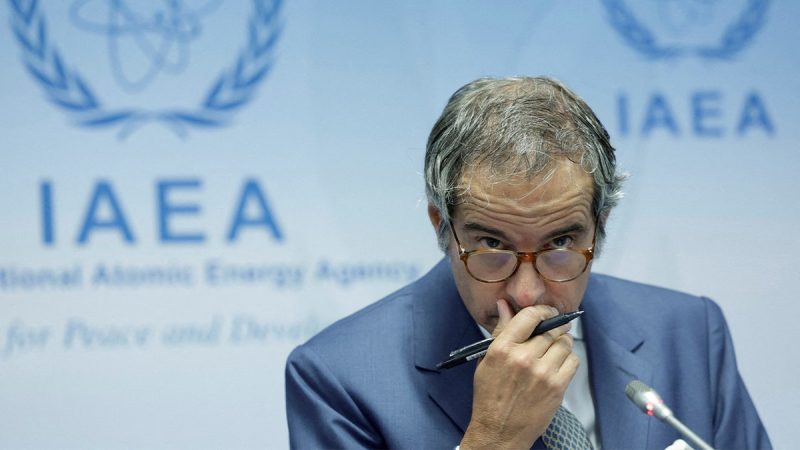The recent report presented by the International Atomic Energy Agency (IAEA) concerning Iran’s nuclear program has once again sparked global concern and raised alarms about the urgency of addressing the situation. The report brings to light the increasing activities and advancements in Iran’s nuclear capabilities, further underscoring the need for swift action to prevent a potential nuclear crisis.
One of the key points highlighted in the report is the significant increase in Iran’s stockpile of enriched uranium. This development is particularly troubling as enriched uranium is a primary component for the production of nuclear weapons. The report indicates that Iran has surpassed the limits set by the Joint Comprehensive Plan of Action (JCPOA), also known as the Iran nuclear deal, which was agreed upon in 2015 to regulate Iran’s nuclear activities.
Moreover, the IAEA report points out that Iran has continued to expand its nuclear infrastructure, including the installation of advanced centrifuges at its Natanz facility. These centrifuges have the capability to enrich uranium at a much faster rate, potentially shortening the timeline for Iran to produce enough fissile material for a nuclear weapon. This, coupled with Iran’s increased uranium stockpile, raises serious concerns about the country’s intentions and the potential threat it poses to regional and global security.
The report also mentions that Iran has been less cooperative with IAEA inspectors, hindering their ability to effectively monitor and verify Iran’s nuclear activities. This lack of transparency further fuels suspicions about Iran’s nuclear ambitions and underscores the urgency of restoring comprehensive monitoring and verification mechanisms.
In response to the report, the international community must act swiftly and decisively to address the escalating situation regarding Iran’s nuclear program. Diplomatic efforts should be intensified to engage with Iran and seek a diplomatic solution that ensures Iran’s nuclear activities remain peaceful and in compliance with international regulations.
It is imperative for the parties involved in the JCPOA, including Iran and the remaining signatories – China, France, Germany, Russia, and the United Kingdom – to work towards a diplomatic resolution that reinstates the commitments and safeguards outlined in the agreement. At the same time, efforts should be made to address Iran’s legitimate concerns and grievances to build trust and create a sustainable framework for long-term stability.
In conclusion, the latest IAEA report on Iran’s nuclear program serves as a stark reminder of the growing urgency and the need for proactive measures to address the escalating situation. The international community must unite in its efforts to prevent a nuclear crisis and ensure that Iran’s nuclear activities are conducted in a transparent and verifiable manner. Failure to act decisively risks further instability and insecurity in the region and beyond.

